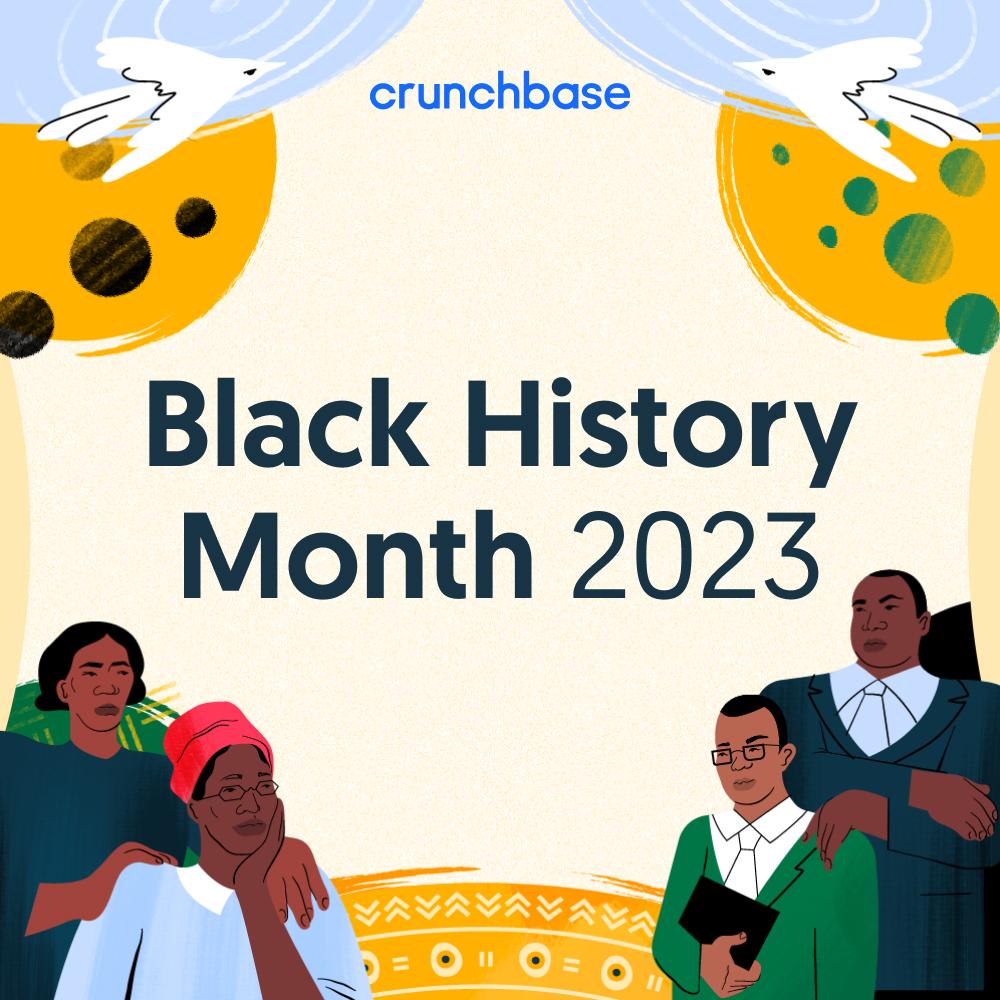As a tech entrepreneur, I instinctively look at common challenges organizations encounter. This year, however, a chronic issue has resurfaced that technology alone can’t fix: a deficiency of diversity, equity and inclusion, or DE&I, in today’s workforces. Headlined by the Black Lives Matter movement, active social discourse has compelled global companies to look long and hard at the greater diversity of their talent. Many are not as representative as they want to be, and are looking to improve.
DE&I is crucial to building high-performing teams, dynamic talent pipelines and a genuine employer brand that practices what it preaches. The HR industry can leverage technology driven by artificial intelligence to help reduce bias in the recruiting and hiring process. From a productivity standpoint, enterprises without AI often don’t have the time and resources to discover, hire, retain and develop the right people. This can have far-reaching, long-term consequences.
An effective DE&I strategy is especially sensitive to AI. After years of navigating this intersection, we’ve realized providing AI for DE&I follows a different set of rules. AI-enhanced enablement tools are readily available for DE&I, but prescribing them as a cure-all would be ineffective and irresponsible.
The truth is that human beings are inherently biased, and AI alone can’t perceive the intangible importance of DE&I. Fortunately, by working together, they can balance out each other’s shortcomings.
Without a DE&I directive, AI is aimless
First and foremost, organizations must demonstrate transparency and awareness before deploying AI technology to achieve their DE&I goals. As the CEO of a software company, I realize that any deferral of AI sounds counterintuitive. I strongly believe AI alone cannot channel the empathy behind hiring, but it can significantly help human decision-makers realize and react to pervasive inequality.
On any efficient team, members offer unique skills that they combine to reach a greater goal. AI is no exception; in many ways, it can be viewed as the cornerstone to modern HR teams. An independent master of context, AI can provide insights that recruiters and managers couldn’t possibly discover alone.
However, AI is not a pure entity of autonomous action. It needs guidance. If an organization has identified how many female engineers it must hire to improve diversity, AI can analyze the talent marketplace and recommend how many female candidates should be in the engineer talent pool. It can’t spare leadership from determining DE&I goals, nor can it screen candidates by DE&I criteria. AI looks at skills and experience, not characteristics like gender or ethnicity.
Recruiters, hiring managers and senior leaders must be the ones who relate to the obstacles many candidates and employees must overcome. For example, the National Bureau of Economic Research reports that resumes associated with caucasian candidates received 50 percent more callbacks than those associated with African American candidates—regardless of industry or occupation. This is just one example. Minorities, women, people with disabilities and many other groups remain at a disadvantage throughout the talent lifecycle.
Companies that ignore this reality can risk talent homogeneity, along with glaring problems of collective conscience and team performance. The alternative: Organizations that drive and communicate DE&I results experience higher employee engagement. CEB (now part of Gartner) found that employees of organizations with high diversity report a 7 percent higher intent to stay than their peers in organizations with low diversity.
When employers prioritize DE&I, they reap all the unique perspectives of an eclectic workforce and save millions of dollars by reducing talent churn.
AI can amplify DE&I if HR teams fully commit
At Phenom, we talk all the time about how AI increases the productivity of HR teams by assuming responsibility for administrative tasks. If AI and automation can handle interview scheduling and basic candidate screening, then recruiters and hiring managers can focus on building meaningful relationships with candidates.
But AI doesn’t work this way for DE&I. Company leaders need to put the work in, but when AI is woven throughout HR platforms, it can serve as a key supporter–not the driver–of DE&I goals.
Here are some ways that dynamic plays out:
- AI can help recruiters create diversity content templates to craft website pages, produce videos and even refine job descriptions so they are more inclusive and welcoming.
- As hiring managers compare their company’s DE&I standing to location and industry benchmarks, AI can provide a clear roadmap for improvement.
- Under the direction of DE&I goals, conversational AI can create more inclusive candidate and employee experiences, recommending resource groups, gigs and jobs through channels like the career site and chatbot.
- By tailoring fit score algorithms, AI can reduce unconscious biases surrounding race, gender and age.
Ultimately, AI has a tremendous capacity to learn, but someone must tell it where to pay attention. Organizations can then benefit from a representative workforce in many ways. For example, they can attract better talent: 67 percent of job seekers consider workplace diversity an important factor when considering employment opportunities, according to Glassdoor. Harvard Business Review also reports that companies with higher-than-average diversity had 19 percent higher innovation revenue.
Of course, DE&I-friendly strategies are only as effective as a company’s transparency. If employee awareness is universal, it can be easy to self-correct DE&I oversights with the support of AI. At the end of the day, a company’s talent strategies should underscore DE&I for the right reasons, and the results will speak for themselves.

Mahe Bayireddi is the CEO of one of Inc. 5000’s fastest-growing private companies, Phenom. As a leader in the HR technology space, Phenom is known for pioneering the first and only Talent Experience Management (TXM) Platform. Bayireddi is a passionate entrepreneur leading Phenom in the mission to help a billion people find the right job opportunity. He previously co-founded several successful technology companies, including SnipSnap, BijaHealth, and BHSP Nexus Software.






